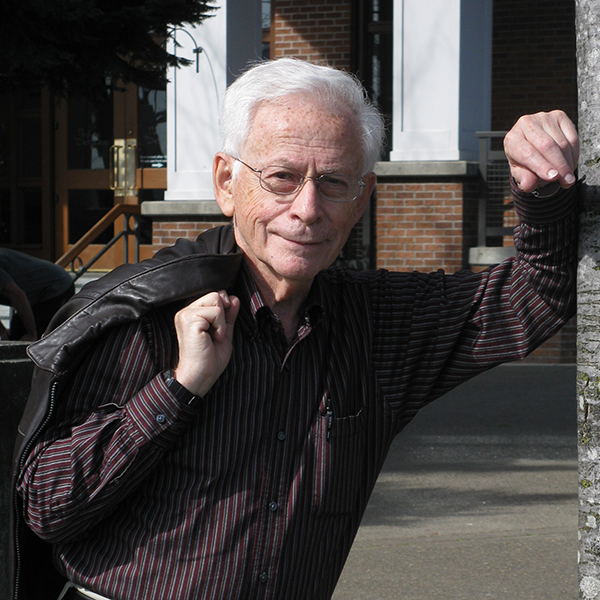In memoriam: Shelby Kashket
Shelby Kashket, a member of the American Society for Biochemistry and Molecular Biology for almost 30 years, died on Nov. 29, 2020 in Tucson, Arizona. Kashket was known for his research on the formation and prevention of dental cavities. He was 89 years old.

Born February 1, 1931 in Montreal, Canada, Kashket received his undergraduate and graduate degrees from McGill University in Montreal. He conducted his graduate research under the direction of O. F. Denstedt in the biochemistry department. His research focused on the preservation of red blood cells, which became particularly important during World War II when the need for blood transfusions increased in civilian and military hospitals. The work was funded by the National Research Council of Canada and the Defense Research Board of Canada.
Kashket subsequently conducted research at the Harvard Medical School and School of Dental Medicine in the 1960s before joining the Forsyth Institute in Boston, an independent research institute affiliated with Harvard School of Dental Medicine. which focused on oral health.
There, Kashket’s research focused on how the products of cellular metabolism impact bacteria in the oral cavity and periodontal disease state. His most recent research described how the anaerobic Gram-negative periodontal pathogen Bacteroides forsythus produces toxic levels of the metabolite methylglyoxal in response to glucose exposure and how methylglyoxal accumulation in the periodontal pocket may significantly contribute to pathogenesis. He also wrote several review articles on the relationship between food starches and tooth decay, and he periodically collaborated with his late wife, microbiologist Eva Kashket, who died in 2011.
Kashket was awarded two patents, one for a device used to locate and identify dental microorganisms and one focusing on the development and preparation of flavor compositions.
He is survived by his wife, Judith Manelis; children, Julie Mackley and Michael Kashket; grandchildren Rebecca Mackley, Michael Mackley and Toby Kashket; and great-grandchild Jacob Mackley.
Enjoy reading ASBMB Today?
Become a member to receive the print edition four times a year and the digital edition monthly.
Learn moreGet the latest from ASBMB Today
Enter your email address, and we’ll send you a weekly email with recent articles, interviews and more.
Latest in People
People highlights or most popular articles

2026 ASBMB election results
Meet the new Council members and Nominating Committee member.

Simcox wins SACNAS mentorship award
She was recognized for her sustained excellence in mentorship and was honored at SACNAS’ 2025 National Conference.

From humble beginnings to unlocking lysosomal secrets
Monther Abu–Remaileh will receive the ASBMB’s 2026 Walter A. Shaw Young Investigator Award in Lipid Research at the ASBMB Annual Meeting, March 7-10 in Washington, D.C.

Chemistry meets biology to thwart parasites
Margaret Phillips will receive the Alice and C. C. Wang Award in Molecular Parasitology at the ASBMB Annual Meeting, March 7-10 in Washington, D.C.

ASBMB announces 2026 JBC/Tabor awardees
The seven awardees are first authors of outstanding papers published in 2025 in the Journal of Biological Chemistry.

Decoding how bacteria flip host’s molecular switches
Kim Orth will receive the Earl and Thressa Stadtman Distinguished Scientists Award at the ASBMB Annual Meeting, March 7–10, just outside of Washington, D.C.

